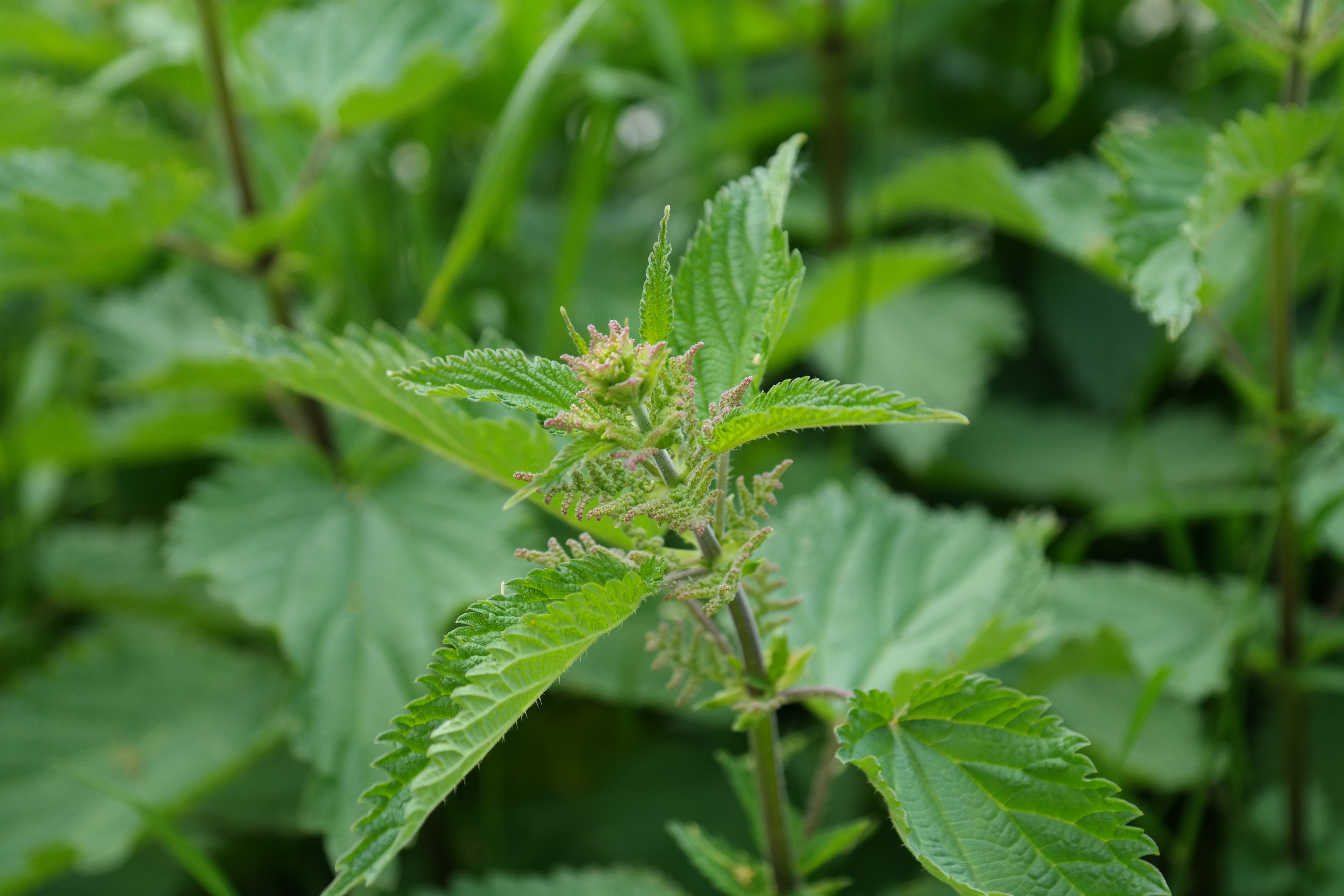
Wednesday, April 17, 2019 - There was a moment, about 20 years ago, when farmers thought that  they'd finally defeated weeds forever. Biotech companies had given them a new weapon: genetically engineered crops that could tolerate doses of the herbicide glyphosate, also known by its trade name, Roundup. Farmers could spray this chemical right over their crops, eliminate the weeds, and the crops were fine.
they'd finally defeated weeds forever. Biotech companies had given them a new weapon: genetically engineered crops that could tolerate doses of the herbicide glyphosate, also known by its trade name, Roundup. Farmers could spray this chemical right over their crops, eliminate the weeds, and the crops were fine.
Stanley Culpepper remembers that moment. He'd left his family's farm to study weed science at North Carolina State University. “I was trained by some really, really amazing people,” he says, “and I was even trained that there would never be a weed that was resistant to Roundup.” These scientists believed that plants couldn't become immune to Roundup because it required too big of a change in a plant's biology.
In 2005, though, Culpepper reported that he'd found some weeds that Roundup could not kill. They were growing in a field in Georgia. And this was not just any weed. It was a kind of monster weed called Palmer amaranth, or pigweed.
Over the following years, these glyphosate-resistant pigweeds spread like a plague across America's farmland. They're practically everywhere in the South now and increasingly common in the Midwest.
"The impact is just unbelievable," Culpepper says. "We've invested over $1.2 billion, just in the cotton industry, for control of glyphosate-resistant Palmer amaranth since we first discovered it."
So biotech companies rolled out a new answer: new genetically engineered varieties of soybeans and cotton that can tolerate two other herbicides, called dicamba and 2,4-D. Farmers can plant these crops and then spray those chemicals, often in addition to glyphosate, to kill their weeds.
There's a lot riding on these new products, for farmers and for pesticide companies. Dicamba-tolerant crops, in particular, have provoked controversy. But now, even before they've been fully launched, there's evidence that this weed-killing tactic may be failing.
The evidence is sitting in a greenhouse at Kansas State University, where herbicide resistant weeds are being intensively studied. Basically, they're a farmer's nightmare. And if they showed up in one field, they're probably in other fields, too.
Culpepper tells farmers that they still can control this superweed, but they need to use a bunch of different tools. That means deploying multiple chemicals, alternating the crops that they plant, and planting extra "cover crops" in the off season.
Matt Coley, a farmer in Vienna, Ga., says most growers learned a lot from their experience losing Roundup as a cure-all for weeds. "As long as we continue to follow the recommendations not to rely just on one chemistry, I think we'll continue to be able to manage pigweed," he says.
The arsenal is running out, though. And that's what worries Culpepper the most. "We haven't had a new way to kill a weed with a herbicide since 1984," he says.
Meanwhile, weeds like Palmer amaranth and ryegrass have been defeating one chemical after another. "This is a monumental challenge we're facing. Is dicamba- and 2,4-D-resistant pigweed surprising? No," he says. "[But] the overall issue with resistance is flat-out overwhelming.”
Learn More at This Link